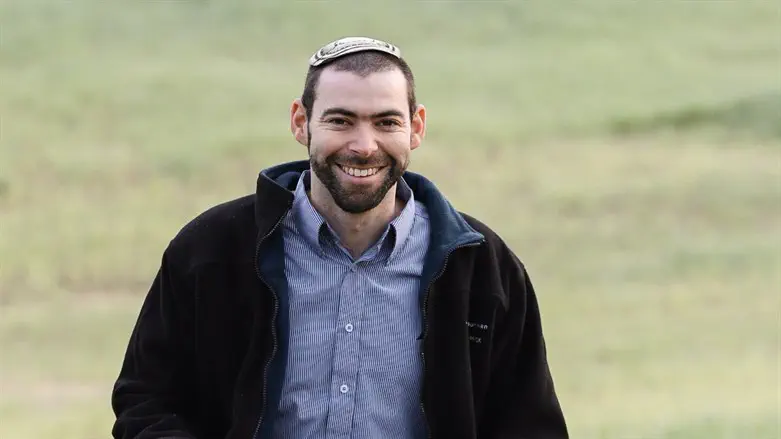
Here is a survey for you:
What percent of our lives are filled with
A. Things that Hashem specifically said to do.
B. Things that Hashem specifically said NOT to do, and how much is filled with
C. Activities that do not fall in any of those two categories?
Obviously we all try to do as much A, and stay away as much as we can from B, but I could assume that we are still left with a high percentage of C. How are we supposed to deal with that?
In the story of Balaam going to curse the nation of Israel, how many times did Balaam do any act against Hashem's specific commandment? The surprising answer is - Zero. Another interesting fact is that every single time Balaam is asked to curse Israel he repeats over and over again (I counted nine times!) that he will only do whatever Hashem tells him, and he will not speak one word without asking Hashem's permission. For example, (Bamidbar 22:18):
"Even if Balak gives me a house full of silver and gold, I cannot do anything small or great that would transgress the word of the Lord, my God"
Or later on (22:38):
"Behold I have come to you, do I have any power to say anything? The word God puts into my mouth-that I will speak."
And (24:13):
'If Balak gives me his house full of silver and gold, I cannot transgress the word of the Lord to do either good or evil on my own; only what the Lord speaks can I speak.'
So where is the problem?
Reading in between the lines, shows an understanding that although Balaam 'cannot' and will not do anything against Hashem's literal word, he 'wishes' he could. He hasn't the 'power' to speak one word he is not told to, but would 'love' to do so. Maybe "Hashem doesn't let me go with you", but otherwise I'd gladly join.
Rav Elchanan Wassermann (Kuntres Divrei Sofrim, Siman Alef, 24) points out the difference between "Pi Hashem" (the word of Hashem) and "Ratzon Hashem '' (Hashem's will). He explains that Balaam's evilness was that he knew very clearly that his going to curse the nation of Israel is against Hashem's will, but as long as he didn't have a literal order not to go, he did not care about what Hashem wanted.
This point can also be understood by the description of Balaam going- "God's wrath flared because he was going" (22:22). Why did he flare if actually permitted his going?! Rashi explains - "Because he was going- He saw that this was considered evil by the Omnipresent, yet he longed to do".
There is a tremendous gap here in Balaam's personality. Yes, he is forced to accept the literal "word" and commandment, but when it comes to the almighty's "will" and desire he is the complete opposite. He does not accept, relate, innerly agree with his prophecy. The word of Hashem is external to him and is forced upon him (later on, he does actually try to disobey by trying to curse and is prevented from doing so).
Someone who truly loves someone, does not necessarily wait for them to say what they want to be done, they yearn and search to fulfill their wishes. They KNOW what they want, they read between the lines.
Occasionally we meet ideas that seem to continue this misconception. If the "Word" and "Will" are two separate matters then perhaps we can try and fulfill our personal wishes, agenda's and desires - without officially disobeying any specific commandment mentioned in the Torah. This might be legal but it is still wrong.
Our great goal is to accept both - Hashem's word and His will. Try our best to close the gap between what we "Must" do and what we "should" do.
Rabbi Yonatan Kirsch was born in NJ but grew up in Ginot Shomron after his parents moved to Israel. He teaches at the Hesder Yeshiva in Sderot, where he lives with his wife and family, after receiving his semicha from the Chief Rabbinate of Israel. He is author of the book "Ma'alot Hamikve", published by Dabri Shir, and served as a combat soldier, is a certified tour guide